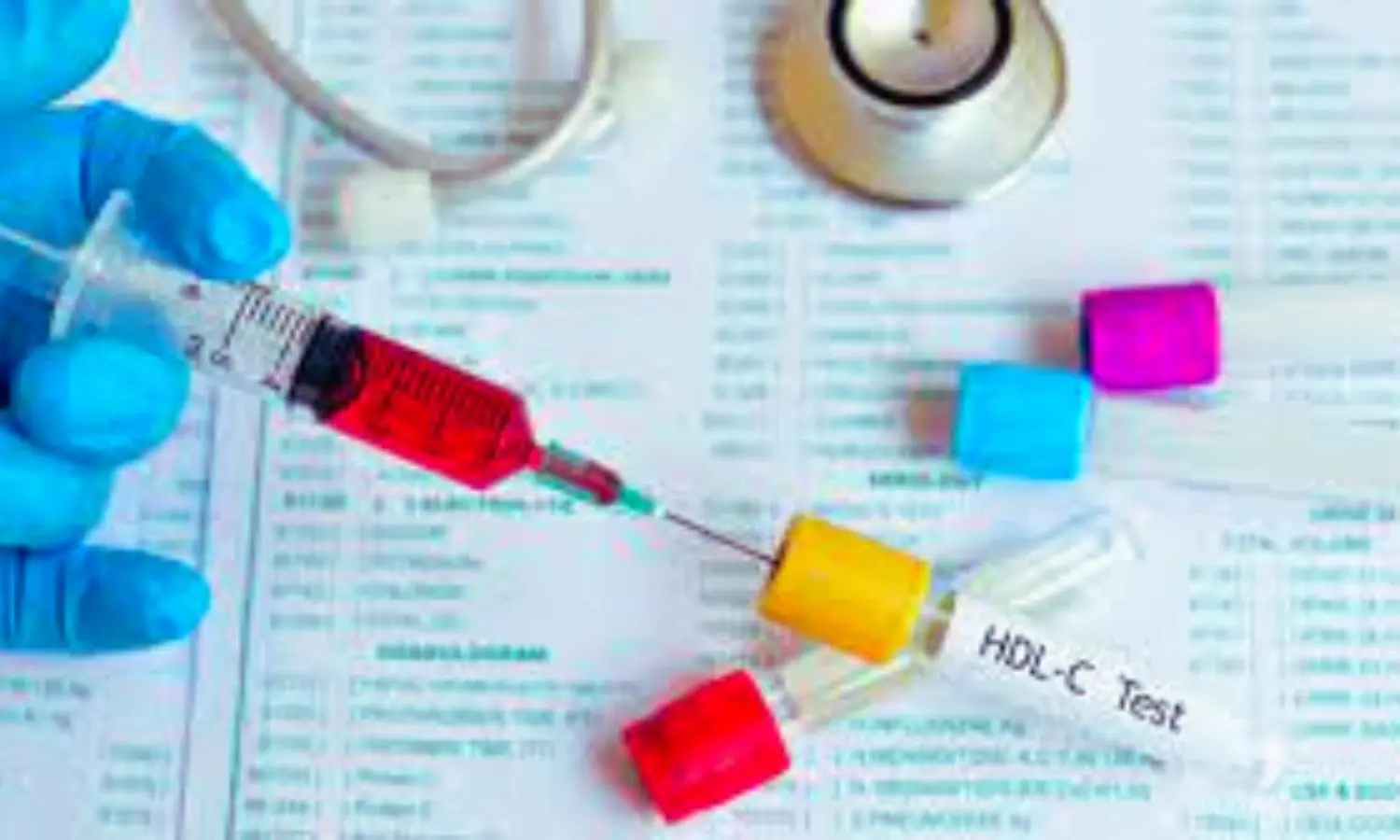- Home
- Medical news & Guidelines
- Anesthesiology
- Cardiology and CTVS
- Critical Care
- Dentistry
- Dermatology
- Diabetes and Endocrinology
- ENT
- Gastroenterology
- Medicine
- Nephrology
- Neurology
- Obstretics-Gynaecology
- Oncology
- Ophthalmology
- Orthopaedics
- Pediatrics-Neonatology
- Psychiatry
- Pulmonology
- Radiology
- Surgery
- Urology
- Laboratory Medicine
- Diet
- Nursing
- Paramedical
- Physiotherapy
- Health news
- AYUSH
- State News
- Andaman and Nicobar Islands
- Andhra Pradesh
- Arunachal Pradesh
- Assam
- Bihar
- Chandigarh
- Chattisgarh
- Dadra and Nagar Haveli
- Daman and Diu
- Delhi
- Goa
- Gujarat
- Haryana
- Himachal Pradesh
- Jammu & Kashmir
- Jharkhand
- Karnataka
- Kerala
- Ladakh
- Lakshadweep
- Madhya Pradesh
- Maharashtra
- Manipur
- Meghalaya
- Mizoram
- Nagaland
- Odisha
- Puducherry
- Punjab
- Rajasthan
- Sikkim
- Tamil Nadu
- Telangana
- Tripura
- Uttar Pradesh
- Uttrakhand
- West Bengal
- Medical Education
- Industry
Genetically increased apolipoprotein B levels associated with higher risk of colorectal cancer

In a recent breakthrough, researchers have delved into the intricate relationships between coffee consumption, apolipoprotein B levels, and the risk of gastric, colorectal, and esophageal cancers. By employing advanced Mendelian randomization analysis to uncover potential causal associations between apolipoprotein B, coffee intake, and the risk of specific cancers, the study found a causal association between genetically increased apolipoprotein B levels and a heightened risk of colorectal cancer.
The study results were published in the European Journal of Nutrition.
Recent studies have identified connections between the consumption of coffee and apolipoprotein B levels and the occurrence of gastric, colorectal, and esophageal cancers. Yet, the establishment of causality in these associations remains uncertain. To address this knowledge gap, researchers sought to evaluate the potential causal relationships between apolipoprotein B levels, coffee intake, and the risk of developing gastric, colorectal, and esophageal cancers. This assessment was conducted through the application of Mendelian randomization analysis.
The study utilized a two-sample Mendelian randomization analysis, leveraging data from the UK Biobank for coffee intake (n = 428,860) and apolipoprotein B (n = 439,214). Complementing this, information on gastric cancer, colorectal cancer, and esophageal cancer was sourced from the FinnGen biobank (n = 218,792). Rigorous statistical methods, including Inverse Variance Weighted, MR–Egger, Weighted Median, and Weighted Mode, were applied to meticulously examine the causal relationships at play.
Findings:
- The study unearthed a compelling association between heightened apolipoprotein B levels and an increased risk of gastric cancer (OR = 1.392, 95% CI 1.027–1.889, P = 0.0333) and colorectal cancer (OR = 1.188, 95% CI 1.001–1.411, P = 0.0491) using the Inverse Variance Weighted method.
- Further exploration through multivariable Mendelian randomization analysis supported a positive connection between apolipoprotein B levels and colorectal cancer risk.
- Notably, the effect on gastric cancer risk dissipated upon adjustment for factors such as coffee intake, body mass index, or lipid-related traits.
- In contrast, the study did not yield conclusive evidence linking coffee intake to the risk of gastric, colorectal, or esophageal cancers indicating that coffee consumption may not play a direct causative role in these particular cancers.
The study not only adds a new layer of understanding to the molecular mechanisms involved in colorectal cancer development but also carries potential implications for targeted prevention strategies in the future. As scientists continue to unravel the complexities of cancer risk factors, this study provides crucial insights into potential causal links that could shape future research endeavors and preventive measures.
Further reading: Liu, X., Yu, H., Yan, G. et al. Causal relationships between coffee intake, apolipoprotein B and gastric, colorectal, and esophageal cancers: univariable and multivariable Mendelian randomization. Eur J Nutr (2023). https://doi.org/10.1007/s00394-023-03281-y
BDS, MDS
Dr.Niharika Harsha B (BDS,MDS) completed her BDS from Govt Dental College, Hyderabad and MDS from Dr.NTR University of health sciences(Now Kaloji Rao University). She has 4 years of private dental practice and worked for 2 years as Consultant Oral Radiologist at a Dental Imaging Centre in Hyderabad. She worked as Research Assistant and scientific writer in the development of Oral Anti cancer screening device with her seniors. She has a deep intriguing wish in writing highly engaging, captivating and informative medical content for a wider audience. She can be contacted at editorial@medicaldialogues.in.





